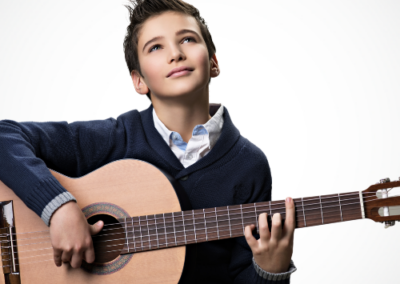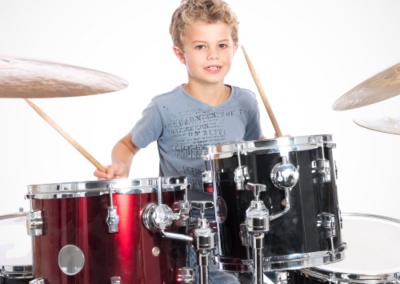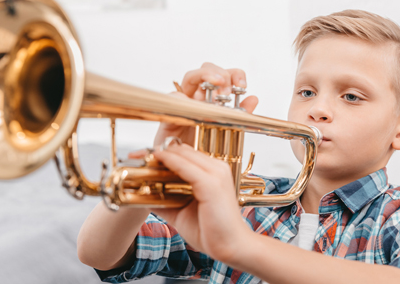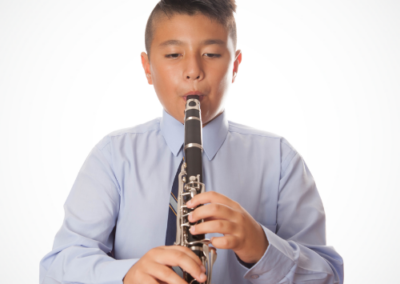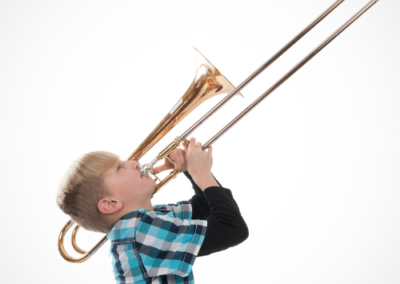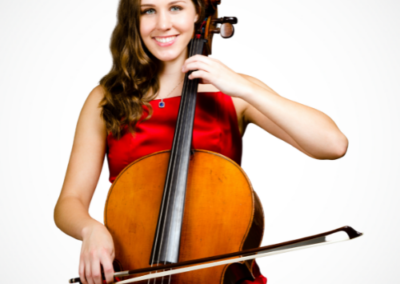Learn An Instrument
How can I support my child to learn musical instruments
Having your child learn to play a musical instrument is really exciting for you both. As a parent you will want to do all you can to aid your child’s musical development and a key part of this is encouraging your child to practice.
It’s a known fact that practice between music lessons is essential for musical progression and developing a love of music. Generally, learning a musical instrument can go a long way as it will materialise in later years. Parents are an integral part of their child’s potential musical success. Remember also that success is most likely to be achieved by working in partnership with your child’s teacher.
WE OFFER YOU IN-PERSON HOME MUSIC CLASSES FOR STUDENTS OF ALL AGES & LEVELS
If you are looking for an eager, professional & reliable local music teacher to come to your home – one of us will be available, & will be able to provide you a very affordable lesson rate.
The wider musical world | Learn an Instrument
For a child to want to practice and learn an instrument – cultivating a love of music is a very important first step. Musical instrument learning can be started at any stage. In fact it is much easier to learn instruments from an early age. Though some learning classes are even available for pregnant Mums.
Mary, mother of 16 year, Beth (Beth wants to be an Opera singer), said: “When Beth was 6 years she took part in a memorial service when she sang with a small group of children. As part of the event a male Opera singer performed. She was so mesmerised by his performance and spoke for weeks afterwards about his amazing sound and story telling actions. I think it was this exposure that first sewed the seed for her singing ambitions. She even recounts the story today.”
An easy way of incorporating music in different ways can start with one of the fun ways below:
There are a number of pre-instrumental musicianship classes you can take your child along to, do check in your area via Google for related posts. One small step forward is, starting from popular songs. Like for example, singing in the home nursery rhymes. This would help with literacy skills at school and might develop their communication style by continuously hearing them.
Others would even be playing games like horsey horsey (where the child is bounced on the knee imitating the pulse). Small steps like these will make it easier to pick up a drum beat in time.
Starting with the foundation
Having classical music to listen to (in the home or car) are able to play significant roles in a child’s foundation. Growing up with different musical instrument available- involving along informal performances when play-mates visit, plays a good role to increase desire to make music.
Do check out events by local orchestras. It might assist in choosing an instrument to start with. Many do performances specifically for younger children. Its really a great and easy way to pick the best instrument fit for your child.
Find marching drums exhibitions, guitar, bass guitar, saxophone, clarinet, trumpet playing and even violin and keyboard recitals locally. New players should be exposed to fun inspirational music learning. They can be really exciting for children and would pay dividends in the long term.
Once your child starts lessons, here are some practical tips to encourage fun practice:
Get in touch with the teacher and ask for a record of what they expect your child to practise. Many teachers do this automatically or are willing to do this if asked.
It’s difficult for children to remember themselves what to do after the lesson. A post learning activity is a great way to aid memoir means to support your child at home. With practise and more learning, the child should be able to pick up familiar tunes quickly and learn to play instruments with their own style.
Beginners need an instrument to learn
Provide functioning instruments and good physical space where they are able to practice with suitable accessories. Children new to an instrument needs it accessible and functioning. Without practise, advancing might become a struggle!
The time came that I finally played an instrument myself. My child start liking to play instruments after.
If you can, get your child’s tutor to train you. Want to involve as much as you could as you play a big role in your child’s music adventure. It will also be easier to relay once you learn and it is something worth investing your time into.
If parents are able to play instruments in front of their kids, it would be fun! and they could get really excited. Among others, influential parents may get the best out of what they really want for their kid.
Start with mastering the strings, get familiarize with the sound. It could be a stepping stone on how to learn to tune an instrument. Most people are more tolerant of attempts at self-improvement, so start with an easy guitar instrument. It’s very hard to play a melody if the strings themselves aren’t in tune.
Tips that make an inviting time to practice instruments
If strings are responsible for the bass guitar and violin sound, then the sticks are for the drums, and the right stool is for piano players
There are significant sound differences when instruments are played. And the accessories to make the instrument play right is as important when playing in front of people.
The right stool for a piano for instance, its so important so poor posture would not become painful in time. Like Spare reeds for woodwind, (if they split you can’t play), valve oil for brass (like stiff valves make playing tricky) all help to encourage practice to happen.
Find the best practice location in your home (cold or noisy is not ideal) it needs to be inviting, free from distractions and if possible, keep a music stand always ready with music on it. You may also want to invest on one on one drum lessons. It will assist in rhythm, and the compass on each instrument.
It’s easy to learn when you give concise, one on one instructions
Be clear about what your child is suppose to practice. Many teachers provide details of this (as mentioned above). If you are not clear, and your child appears un-sure, you may want to clarify this with your child’s tutor.
Be child led. Learning an instrument takes ample amount of time. If they are struggling to cover everything on the practice list or finding certain things tricky- do communicate this to their tutor.
Be aware that learning an instrument is a long-term thing.
Remember, hard work does go a long way and natural ability can be exaggerated. Be positive and celebrate what your child has achieved and be realistic.
It can take on average of three years or even longer for a child to achieve Grade 1 level on instruments like the guitar, piano, bass guitar, violin and other instruments. Seeing things develop slowly with gradual persistent hard work is a valuable skill for your child to acquire that can help in other areas of their life.
Realistic expectations:
Have realistic expectations of what practice is possible and try to avoid reminding too often. It can work well if teachers provide expectations for children’s practice. And parents simply are the child’s ‘greatest fan’. If the child themselves set the practice frequency this can be very empowering. Try to make this minimum four times per week (every other day).
Avoid criticizing
Avoid criticism – Some parents have feed back to ABRSM concern about making the mistake of not praising their child enough and being drawn to pointing out their child’s mistakes. It can be really hard to hear a child play a mistake over and over. Or listen to a child play too quickly encouraging error.
However, if you as the parent continually critique, a child can quickly become demotivated. Going back to the principle of ‘teacher teaching and parent praising’ is useful. This praise needs to be genuine though.
Children know when things aren’t going so well. Simply let the teacher know (very discreetly) where the problems are and they can assist your child learn the skills to practice more effectively and iron out problem areas in music.
Frequency is the road to mastery
Frequency not quantity – In beginning stages. Doing a very long one-hour practice once a week isn’t as effective as four practices of 15 minutes every other day. Regularity is incredibly important. Several ad-hoc five-minute practices in a day can be extremely worth-while.
Practice time does need to increase along with level of difficulty. Intermediate music (eg. Grades 3 – 5) will require on average approximately 4 hours a week spread over 7 days (NB. this can vary from student to student)
Put it on their schedule
Put together a routine and consider rewards. Families have reported making music practice part of the family routine. Same time each day – helpful. In addition, some families have reward systems for doing it from stickers to or earning a treat. Every family is different so work out what is best for you.
Celebrate music
Realising learning an instrument is a journey not a destination. Sometimes children can play their instrument a great deal but not do much or any of what they’ve been instructed by their tutor.
Making any music is a good thing, this needs to ideally be complimented by structured material that aids progress, but at times children can struggle to comply. Parents and teachers have a careful path to tread here.
Contemporary songs may help
There are times when a less structure approach can be beneficial. From playing familiar music by ear from You Tube, to music from a latest film or pop song. It is all music making to be celebrated!
Try to encourage making the instrument a potential life long friend . There’s so much value in music making for over-all well – being. With this in mind, be flexible with the type of practice or playing that is being completed taking a long-term view.
Children can just as quickly suddenly (without prompt) return to traditional scales, repertoire and their teachers suggested curriculum.
Want to learn the following? Get in touch with US TODAY.
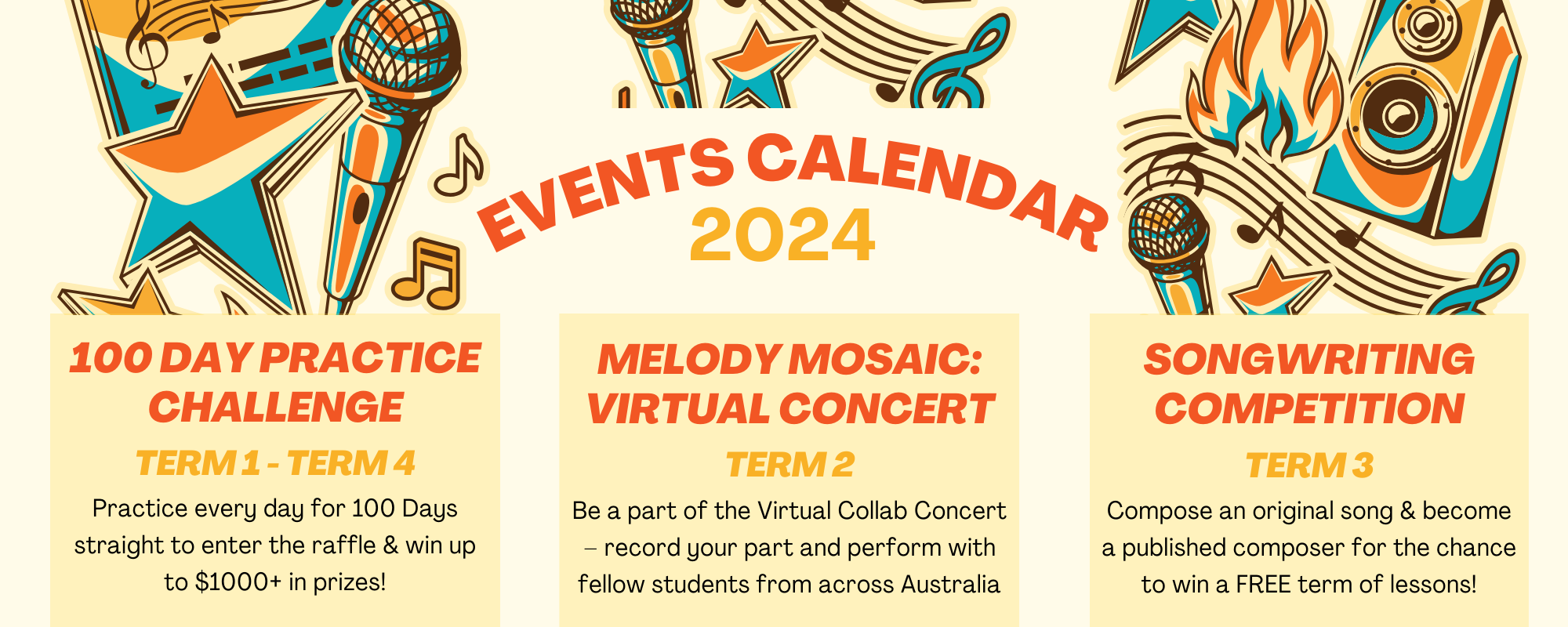
PRIVATE home MUSIC lessons in Sydney, Melbourne Brisbane, Adelaide, & Perth for students of all ages & levels
If you are looking for an eager, professional & reliable music teachers to come to your home – we are available, & will be able to provide you a very reasonable music tutoring rate.
ENTHUSIASTIC STUDENTS
PROFESSIONAL TEACHERS
INSTRUMENT DISCIPLINES
What People Are Saying
My daughter’s teacher, John is superb and very talented. He is super patient with my daughter and he cares. You won’t regret taking lessons. I assure you =)


CALL BACK FORM
one of the friendly team organisers will contact you soon


